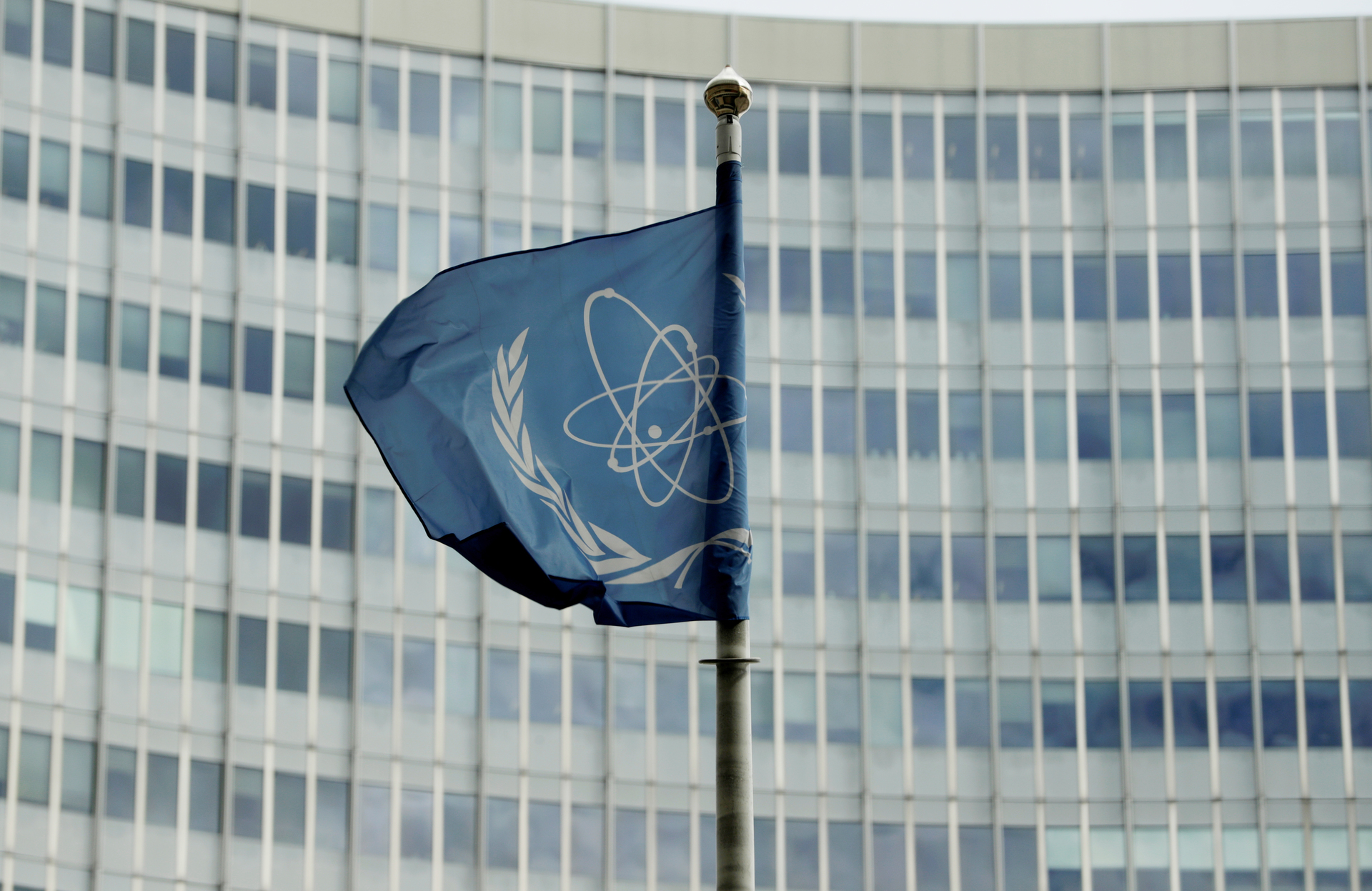Iranian President Hassan Rouhani said that Tehran will not negotiate with the United States under pressure. During the press conference, the Iranian leader noted that Washington should first lift the sanctions.
“If the United States returns to the nuclear deal and lifts sanctions, they can negotiate within the 5 + 1 group. Until this happens, there will be no opportunity for negotiations, ”RIA Novosti quoted Rukhani as saying.
Recall that the JCPOA was concluded in July 2015 as a result of lengthy negotiations with representatives of Russia, the USA, China, Great Britain, France, Germany (the “5 + 1” group) on the one hand and Iran on the other. The deal provides for serious restrictions on Tehran’s enrichment of uranium in exchange for lifting a significant part of economic sanctions from the Islamic Republic.
In May 2018, Washington unilaterally withdrew from the JCPOA, after which it fully restored the sanctions regime against Tehran. In turn, Iran announced a phased reduction of its nuclear program obligations. On January 5, 2020, after the death of Iranian General Kassem Suleimani during an airstrike of the US Air Force, the government of the Islamic Republic reported that the state was finally withdrawing from the nuclear agreement.
“Thus, the Iranian nuclear program will not have any restrictions in terms of production, including enrichment capacities, percentage and amount of enriched uranium, as well as research in this area and further development of the program,” the Iranian government said in a statement.
Irina Fedorova, a senior researcher at the Center for Near and Middle East Studies at the Institute of Oriental Studies of the Russian Academy of Sciences, noted in a conversation with RT that Tehran is firmly adhering to its position, as evidenced by the statement by Rouhani.
“The Foreign Minister and the President of Iran have constantly said that they will be ready for dialogue with the United States only after they return to the nuclear deal and fulfill its conditions, as well as lift the sanctions. The United States expects such pressure to force Iran to agree. In this regard, the situation has reached a certain impasse. None of the parties is ready to make concessions: the USA - to lift the sanctions, and Iran - to start discussing additional conditions, ”she explained.
The expert added that the entire international community calls on both countries to restraint, since in early January the situation in relations between the US and Iran was on the verge of armed conflict. She added that Russia and other countries interested in normalizing the situation in the region are in favor of negotiations between the parties on international platforms, as well as calling on the United States to return to the fulfillment of the terms of the deal, and Iran - to exercise restraint without provoking any aggressive actions by the American side.
- Reuters
- © Leonhard Foeger
During the press conference, Hassan Rouhani also called for the implementation of the “Hormuz Peace Initiative”.
“We still insist on the implementation of the“ Hormuz Peace Initiative ”, since this is the best solution to problems in the region,” TASS quoted him as saying.
The initiative to ensure the safety of shipping in the region involves the creation of a "coalition based on the principles and tasks of the UN subject to dialogue, respect for the sovereignty of other countries, recognition of international law, renunciation of aggression and non-interference in the internal affairs of other states."
The increase in tension in the region was facilitated by a number of incidents. In particular, in May unknown persons attacked tankers near the territorial waters of the UAE. The following month, new attacks on tankers occurred. In both cases, Washington blamed Iran for sabotage, but the authorities denied this.
Rouhani also stressed that Tehran is ready to discuss existing problems with Saudi Arabia, and there are no unresolved issues between the countries.
Kirill Semyonov, head of the Center for Islamic Studies at the Institute for Innovative Development, said in an interview with RT that no improvement has been seen in relations between Tehran and Washington.
“So far, we are talking about further attempts by the United States and its Middle Eastern allies to oust Iran from the regions where it has managed to gain a foothold: this is Iraq, this is Yemen. And economic sanctions are one of the factors weakening Iranian influence. The United States is unlikely to abandon such a policy, ”he said.

